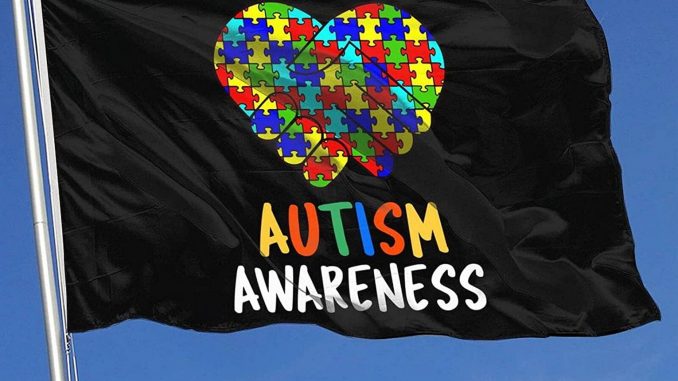
Lara Murray-Sterzel, Staff Writer |
On Wednesday, March 30, in the Alden Room of Milne Library, a panel discussion was held where three students Matthew Swajger, Shana Belfast, and Nick Mastrella openly spoke about their experience living with disabilities. With the support from the faculty, these three students were able to give people a better understanding of what being on the spectrum means, the types of spectrum variations there can be, and how to help those who are struggling.
The first to speak at the panel was Shana Belfast, who discussed neurodivergence as a nonmedical umbrella term that disturbs people with variations in their mental functions. This can include people on the spectrum or who have ADHD. She further explained that this can make it hard for them to socialize, focus, time manage, react to their environment, and handle stress. Since she was a child, Shana has used journaling to write down her feelings and relieve any stress she’s under. Feeling comfortable with this strategy and wanting to share her experience with others like her, Shana wrote a novel called Colors Beyond Clouds: A Journey Through the Social Life of a Girl on the Autism Spectrum. Published in 2019, the novel is now housed in Milne Library, available for students to check out. In fact, it was from this book that the idea for this panel came. She hopes this book and the skills written in it will help people understand themselves more and feel less alone.
The next to speak was Matthew Swajger, who joined New York State’s IEP program after being diagnosed at age eight. This program provides students with assistance or learning techniques in the classroom. Matthew says these academic accommodations, along with others, also improve difficulties with processing and understanding content. One of the skills Matthew discussed with the audience was tape recording usage, which students use to record the teacher’s lecture or content and listen to it later for notes or memorization. Another accessibility through this program is exam accommodations, which divert from alternative formats for essays, oral presentations, or portfolios.
The final speaker was Nick Mastrella, who gave a very moving speech about his struggle in the past with autism. But what he’s come to learn is there’s nothing wrong with being different. Like the other two speakers, he wants to create a safe space for people on the spectrum. To do this, Nick is trying to form a club that surrounds inclusivity at Oneonta. He plans to have weekly, informative meetings during common hours at Hunt Union. Nick also spoke about his optimism for people on the spectrum, and helping them to live a more simple and stress-free life. He hopes that by starting the club on our campus, students will feel inspired to carry out his mission into the world.
Autistic member of the class of ’79 here. At the time I was undiagnosed because they only recognized “severe” cases back then. In all my 65 years on this earth, I was most accepted for who I am at Oneonta. I am thrilled to see an autistic club starting up at my old haunt and I wish Shana, Nick, and Matthew success with this project. Based on my experiences meeting other autistic people is going to be a big help to them.
Based on my experiences meeting other autistic people is going to be a big help to them.